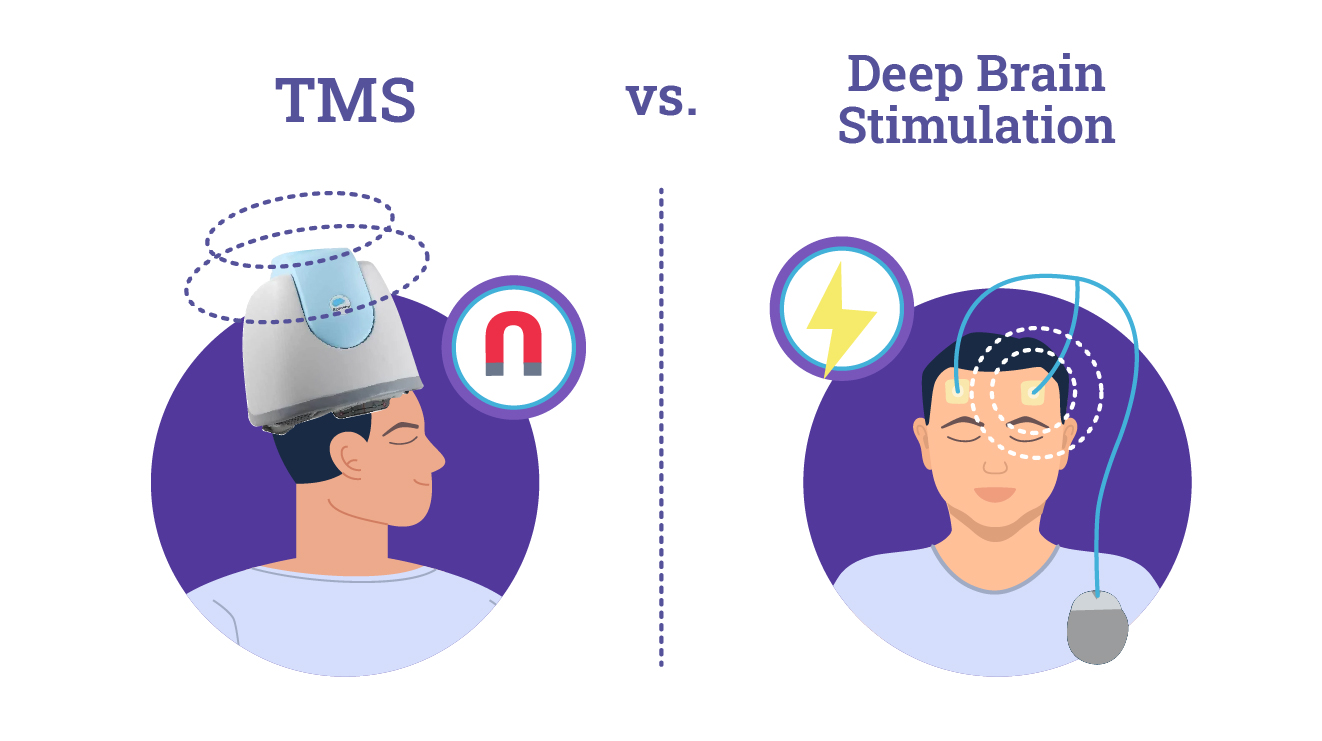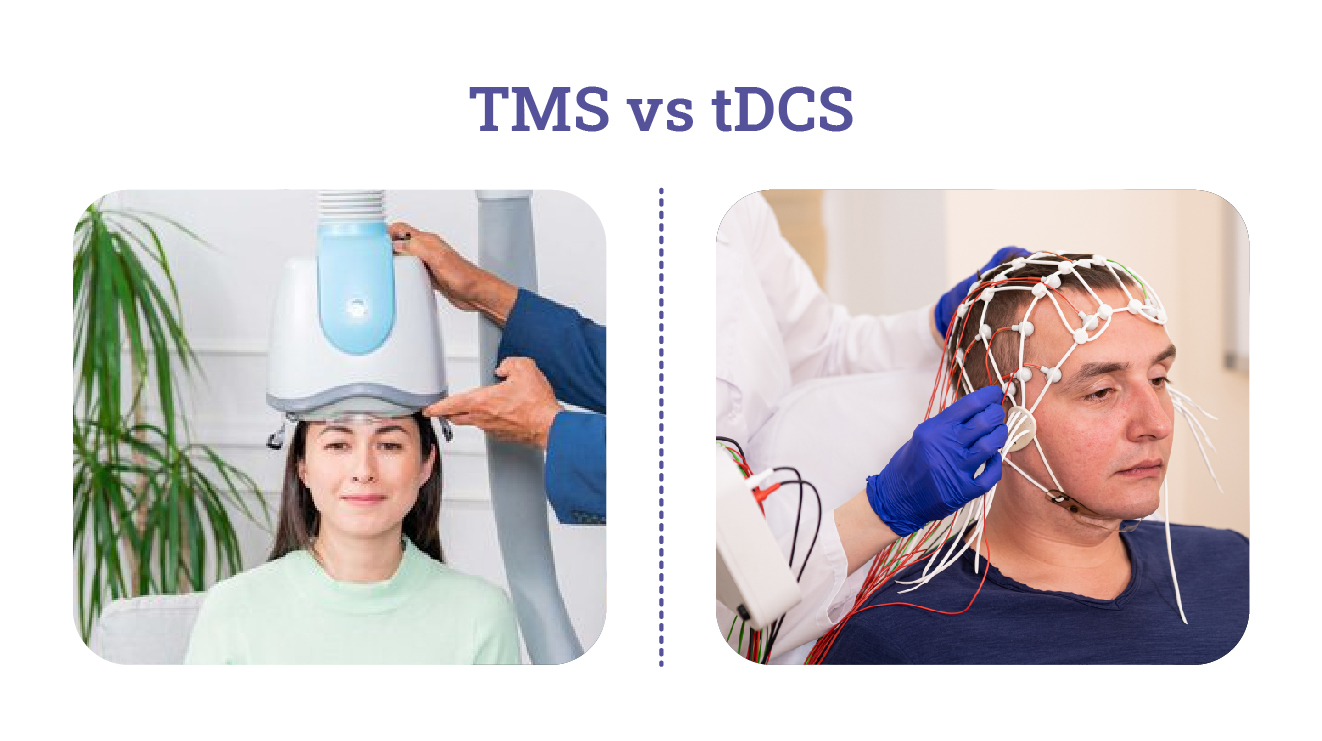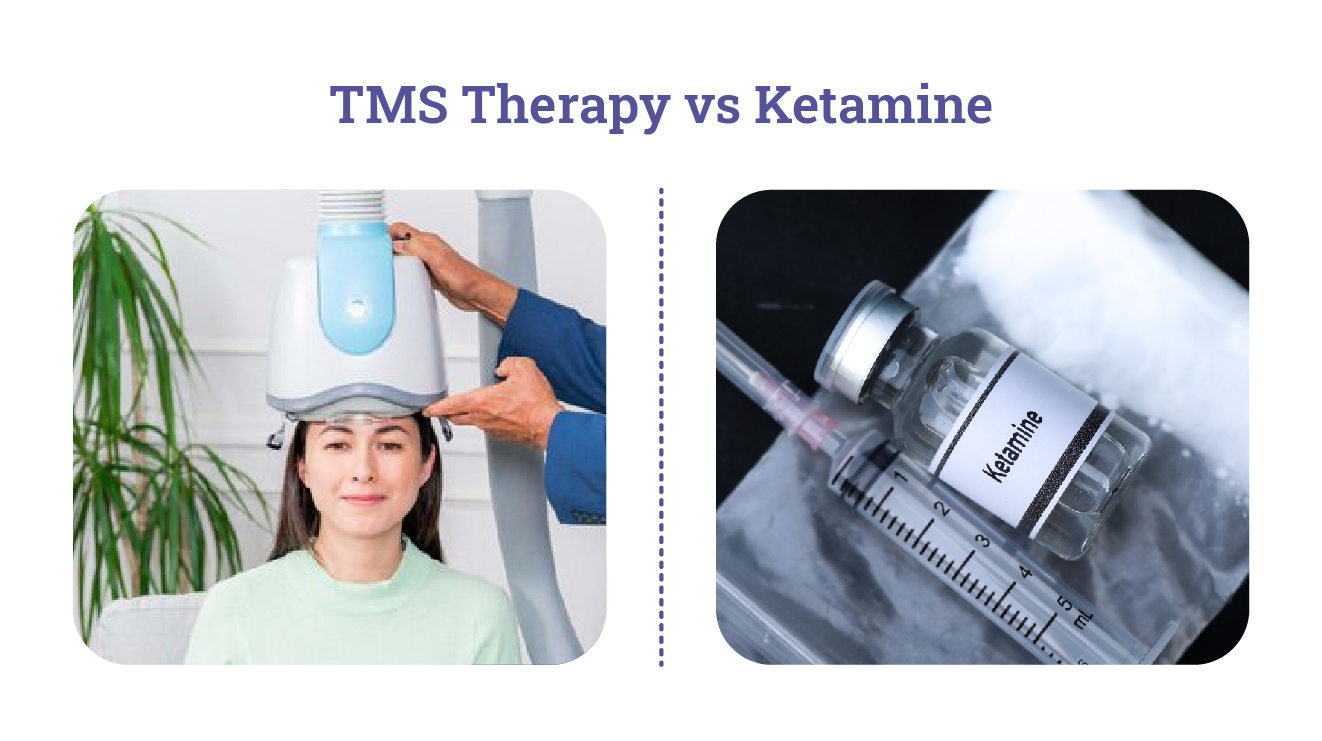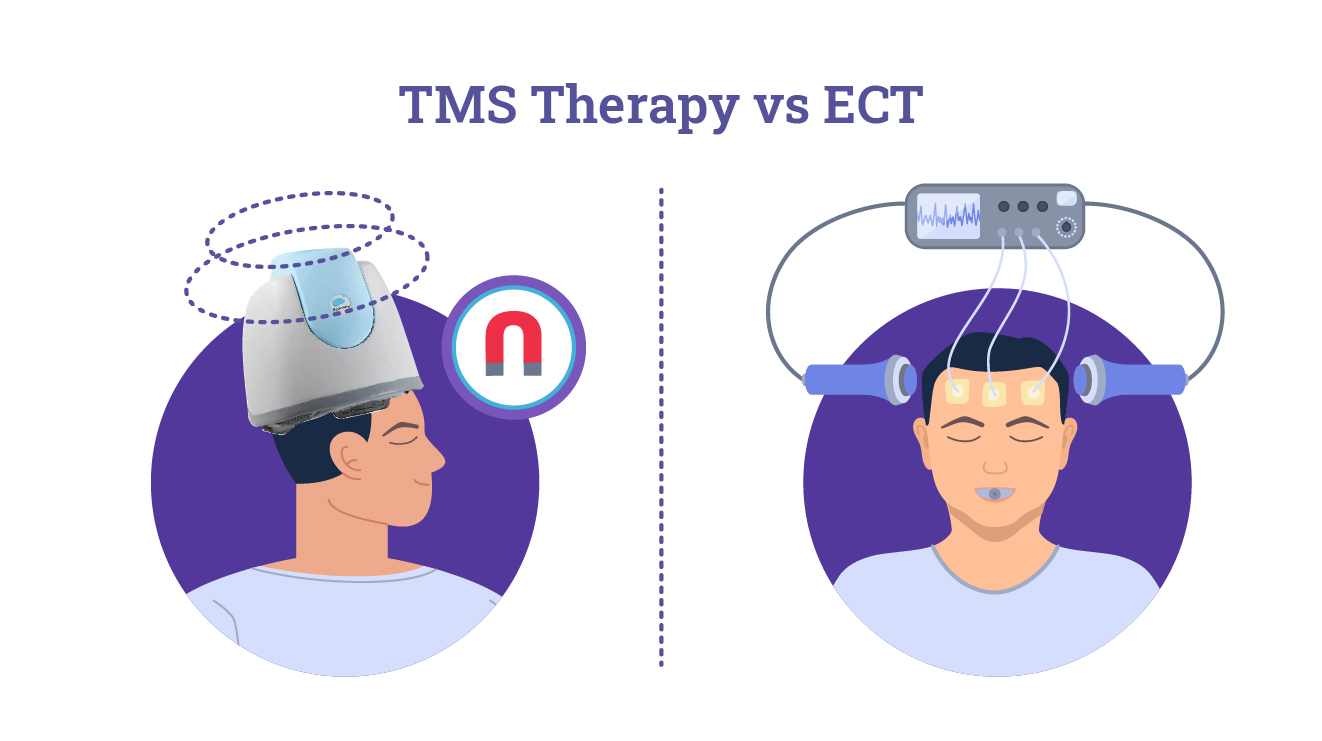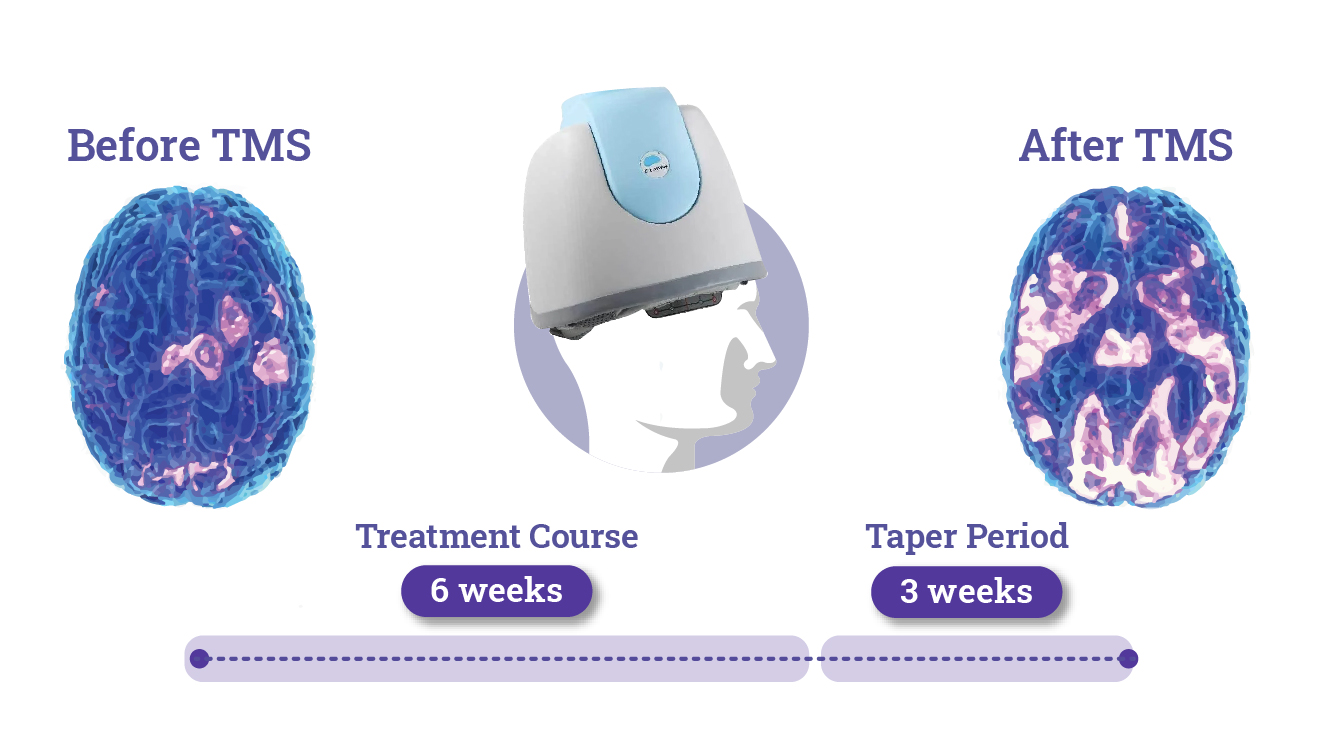Insurance Coverage For TMS
December 11, 2023
Individuals exploring transcranial magnetic stimulation (TMS) as a treatment option can sometimes find themselves struggling to find out if TMS is covered by insurance. But getting TMS covered by your health insurance may not be as hard as you think. Although it is a relatively new therapy, TMS is gaining…



